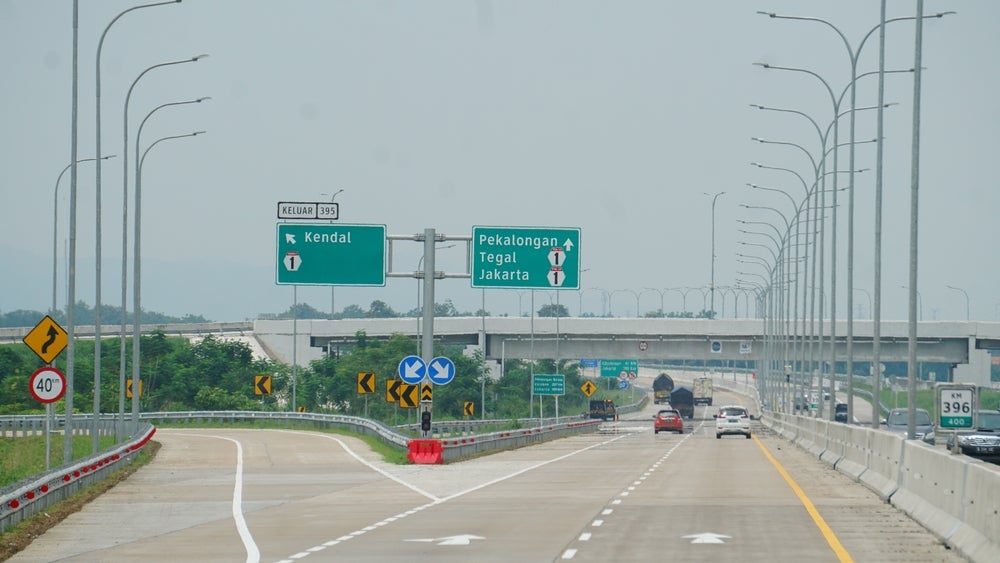
Thailand’s new vehicle market continued to decline in July 2023, by almost 9% year-on-year to 58,419 units from 64,033 a year earlier, according to the latest wholesale data released by the Federation of Thai Industries (FTI). The data excludes some key brands including BMW and Mercedes-Benz.
The vehicle market has drifted lower since the fourth quarter of last year, following an initial rebound from the Covid pandemic lows. While a rebounding tourism sector has helped the domestic economy recover strongly, interest rate hikes by the central bank over the last year – from 0.50 to 2.25% – and stricter lending rules have held back purchases of large items such as automobiles.
GDP growth came in at a much weaker than expected 1.8% year-on-year in the second quarter, compared with downwardly revised growth of 2.6% in the first quarter, due mainly to weaker exports and slower fixed investment growth.
Domestic vehicle sales in the first seven months of 2023 declined by just over 5% to 464,549 units from 491,329 units a year earlier, driven lower mainly by weak demand for pickup trucks and other commercial vehicles. The association last month cut its full-year domestic market forecast to 850,000 units from 900,000 units previously in response to the continued sales decline.
The Thailand Automotive Institute’s (TAI), in a recent report, said it expected electric vehicle (EV) sales to reach 50,000 units this year, with demand being driven by recently launched models by Chinese brands and also by Chinese-made Teslas.
Vehicle production in the country rose by 6% to 1,051,221 units in the seven-month period, driven by a 20% rise in production for export to 636,868 units as domestic vehicle manufacturers fulfilled order backlogs following last year’s supply chain shortages.





